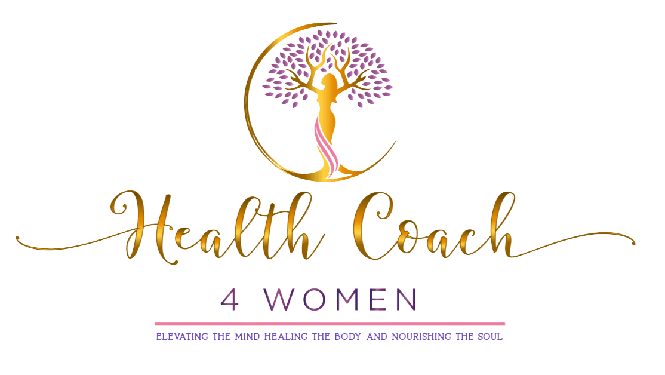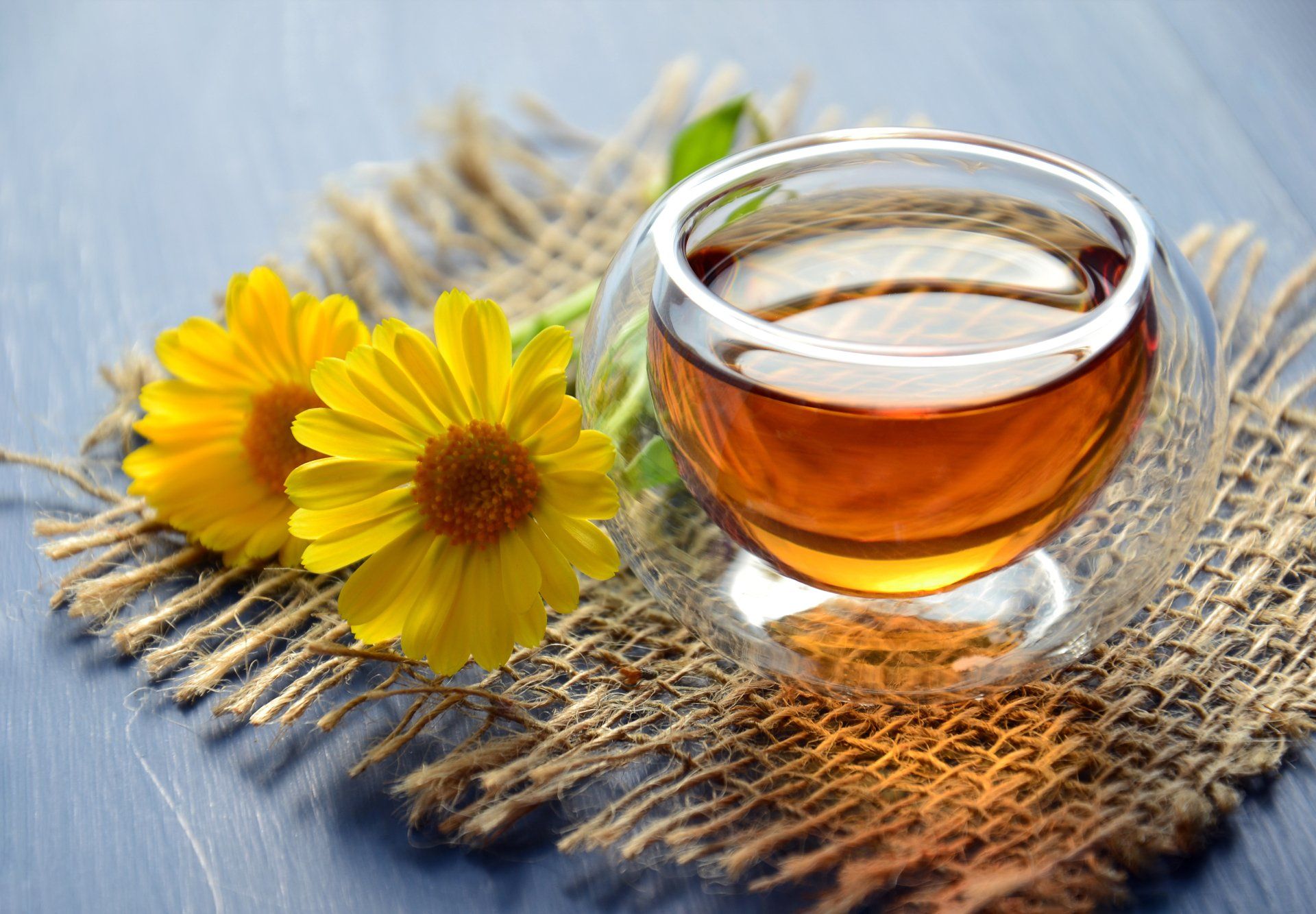
Toxic Takedown: The Battle Against Female Hormone Disruptors and How You Can Protect Your Health
The Battle Against Female Hormone Disruptors

It’s no secret that the foods we eat, the products we use, and the environment we live in can all have an impact on our health. However, there’s a growing concern about the effects of certain chemicals called endocrine disruptors, which can interfere with the normal functioning of hormones in the body. In particular, female hormone disruptors have been linked to a range of health issues, from reproductive problems to cancer.
Fortunately, there are steps you can take to protect yourself from these potential toxins. Let’s explore the battle against female hormone disruptors, and how you can safeguard your health.
What are Female Hormone Disruptors?
Female hormone disruptors are chemicals that can interfere with the normal function of estrogen, progesterone, and other hormones that play a crucial role in women’s health. These disruptors can be found in a range of products, from plastics and food packaging to pesticides and personal care items.
Some of the most common female hormone disruptors include:
- Bisphenol A (BPA): BPA is a chemical that’s often used in the lining of food cans, as well as in some plastic products. Studies have linked BPA to a range of health issues, including reproductive problems, cancer, and obesity.
- Phthalates: Phthalates are a group of chemicals that are often used in personal care products like shampoos, lotions, and nail polishes. They can also be found in some plastics, and have been linked to reproductive problems and other health issues.
- Per- and polyfluoroalkyl substances (PFAS): PFAS are a group of chemicals that are used in a range of products, including food packaging, clothing, and carpets. They’ve been linked to reproductive problems, cancer, and other health issues.
- Parabens: Parabens are a group of chemicals that are often used as preservatives in personal care products. They’ve been linked to breast cancer and other health issues.
Why are Female Hormone Disruptors a Concern?
Female hormone disruptors are a concern because they can interfere with the delicate balance of hormones in the body, potentially leading to a range of health issues. Some of the most common health issues associated with female hormone disruptors include:
- Reproductive problems: Exposure to female hormone disruptors has been linked to a range of reproductive problems, including infertility, menstrual irregularities, and early puberty.
- Breast cancer: Several studies have linked exposure to female hormone disruptors to an increased risk of breast cancer.
- Thyroid problems: Some female hormone disruptors can interfere with the normal function of the thyroid gland, potentially leading to a range of health issues.
- Obesity: Exposure to female hormone disruptors has been linked to an increased risk of obesity.
- Diabetes: Some studies have linked exposure to female hormone disruptors to an increased risk of diabetes.
How Can You Protect Yourself?
Fortunately, there are steps you can take to protect yourself from potential exposure to female hormone disruptors. Here are some tips:
- Choose organic produce: Some pesticides have been linked to hormone disruption, so choosing organic produce can help reduce your exposure to these potential toxins.
- Avoid plastics: Many plastics contain BPA and other potential hormone disruptors, so try to avoid using plastic containers, water bottles, and other products whenever possible.
- Use natural personal care products: Look for personal care products that are free from phthalates, parabens, and other potential hormone disruptors.
- Filter your water: Many water sources contain potential hormone disruptors like PFAS, so filtering your water can help reduce your exposure.
- Choose non-toxic cleaning products: Many cleaning products contain potential hormone disruptors, so continuing to choose non-toxic options can help reduce your exposure.
- Be mindful of food packaging: Avoid microwaving food in plastic containers or using plastic wrap, as these can release potential hormone disruptors into your food.
- Educate yourself: Stay informed about the potential risks of hormone disruptors and which products to avoid. The Environmental Working Group (EWG) is a great resource for information on potential toxins in food and personal care products.
By taking these steps, you can help reduce your exposure to potential female hormone disruptors and protect your health. Additionally, you may want to consider supporting policies that regulate the use of these chemicals in products.
The issues regarding female hormone disruptors are a growing concern for women’s health, and they can be found in a range of products we use every day. However, by making informed choices and taking steps to reduce your exposure, you can protect yourself and your family from potential harm. By staying informed and advocating for safer products, we can all contribute to the battle against female hormone disruptors and safeguard our health.
If you think you may have hormonal imbalance then feel free to reach out to us here at Health Coach 4 Women Wellness Studio



